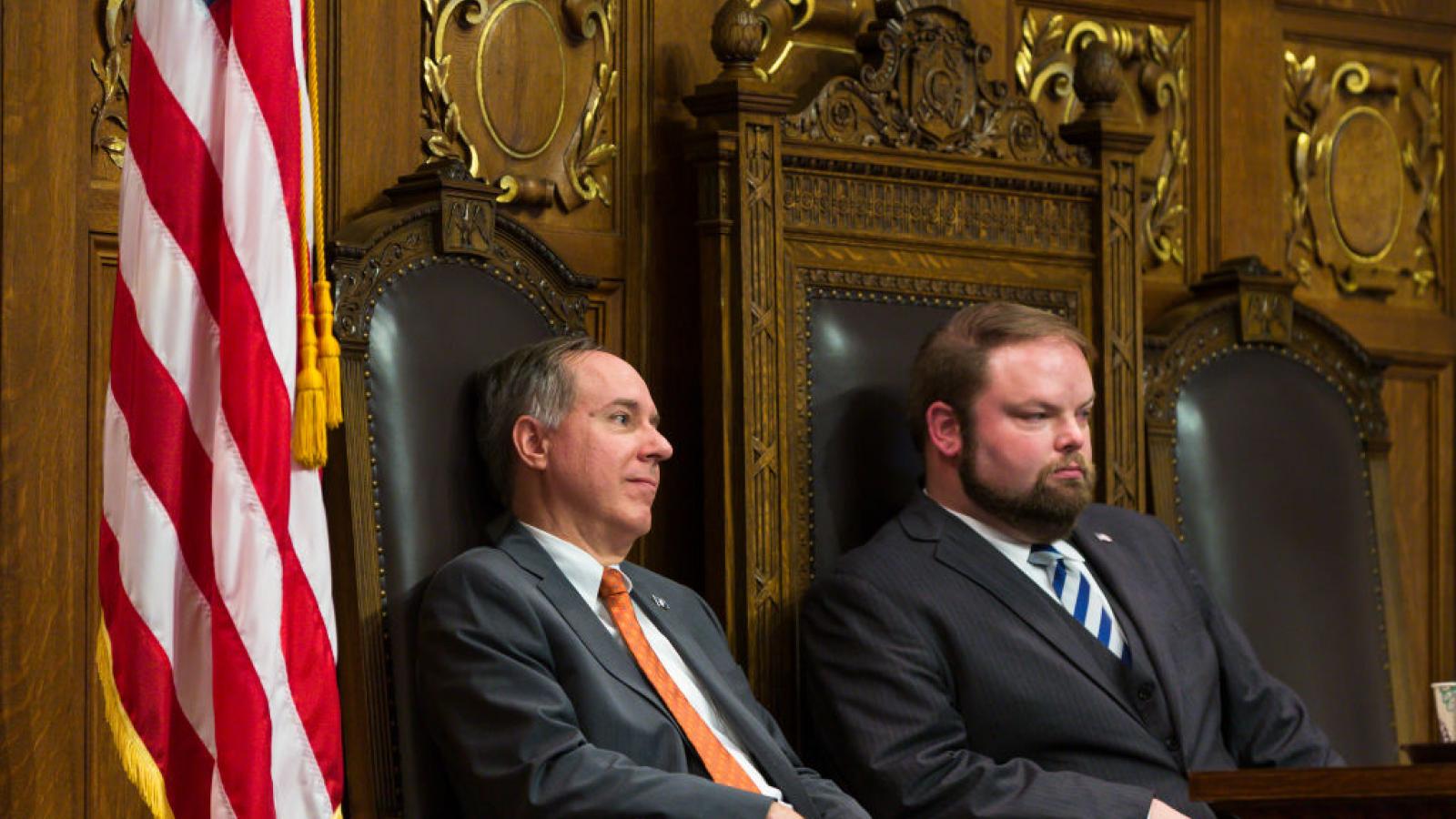Wisconsin Assembly Speaker demands explanation for university's white privilege class

Wisconsin’s assembly speaker has some questions for the chancellor at UW-Madison over what he calls a mandatory class on white privilege.
Assembly Speaker Robin Vos on Tuesday sent a letter to UW-Madison Chancellor Rebecca Blank. Vos is demanding an explanation for the Graduate and Professional Students Preventing and Responding to Sexual and Relationship Violence course.
“Students are not only required to take this course and pass with a 100% score in order to enroll in classes but they are also required to agree that whiteness means privilege,” Vos wrote in his letter.
A university spokesman has said the school has taken a “public health approach” to combating violence for years.
But no one is speaking directly to Vos’ questions or his letter.
Vos said he is “appalled” both by the specifics of the course, and that it is required.
Vos on Tuesday sent Chancellor Blank a list of questions he wants answered.
“I would like an explanation as to why this course is mandatory for graduate and professional students to enroll in classes at UW-Madison. Why is this a graduate prerequisite? Are undergraduate students required to take a similar course? Why does the university find this an appropriate course to require students to take? Who developed this course? What was the impetus for this course and how was it developed? If students voice opposition to this mandatory course, what is the university’s response?,” Vos wrote.
Vos said the problem is not talking about race or privilege, but how the university is framing those discussions.
“The students of our state deserve the opportunity to learn about different viewpoints and develop their own beliefs without being required to agree with one, narrow set of beliefs that the university tries to bestow upon them before they are allowed to register for courses,” Vos concluded in his letter.